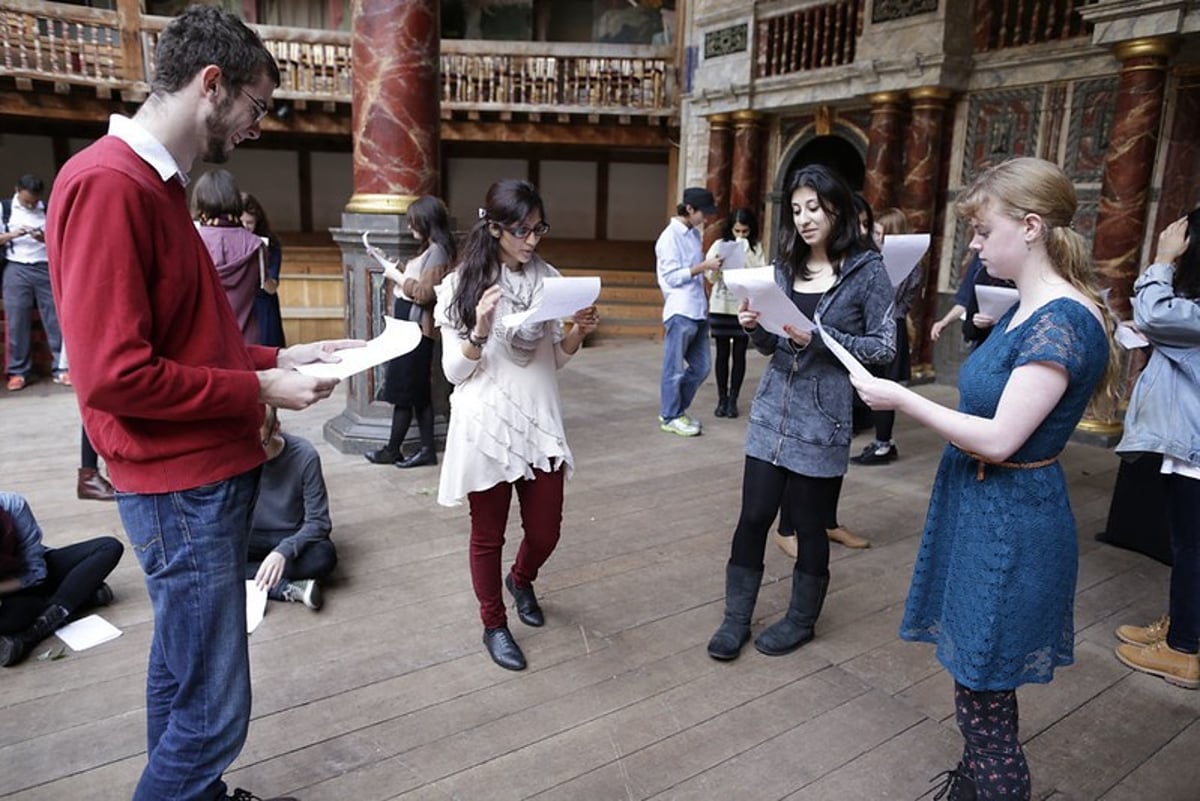
Photo: Queen Mary University London
Academics urge greater support for creative practitioners
Policymakers should 'learn lessons from the pandemic' and intervene in four key areas to better support creative practitioners, researchers have said.
A report into the impact of the pandemic on visual and performance artists has called for policy changes to better support creative communities.
A study by academics at Queen Mary University of London explored how Covid led to work being cancelled, events postponed and freelance opportunities lost, concluding that lessons must be learned in order to better support what is "a precarious sector".
It calls for a number of actions to be taken including a shift towards more flexible funding schemes, better advice on employment opportunities in similar or related fields, greater mental health support and action on housing and studio needs.
READ MORE:
The study involved in-depth interviews with visual and performance artists to document the long-term effects of the pandemic on the creative sector.
“It’s clear from the testimony of our research participants that material changes and direct support are needed in order to build more inclusive and supportive creative networks so that we can sustain and nurture all kinds of artistic talent beyond the pandemic,” said lead researcher Professor Alison Blunt, founding co-director of Queen Mary University of London’s Centre for Studies of Home.
‘Building back better’
The study delved into artists’ experiences of working through the pandemic, as well as the challenges they currently face as a result of factors including the cost-of-living crisis.
“Artists’ responses to the pandemic varied widely, but it was an anxious and difficult time for most, and many were forced to do other things to get by,” Professor Blunt said.
“However, the pandemic also presented new opportunities for creative reflection, as the pace of life slowed down and the global crisis put ongoing societal challenges into sharper focus.”
Researchers found that during the pandemic, many artists’ focus on issues such as the climate crisis and the Black Lives Matter movement intensified.
Participants reported different levels of stress, with some experiencing a loss of creativity, particularly during the first lockdown. Others struggled due to lack of access to workspaces outside the home.
“For some artists, the pandemic led them to diversify practice, try new things, use alternative technologies and media, be creative in unfamiliar spaces and disseminate in different ways,” said Dr Eithne Nightingale, Postdoctoral Researcher at Queen Mary University of London.
“The past few years may come to be seen as a unique moment of significant artistic innovation where creativity became a powerful way of confronting and responding to a complex public health crisis.”
Flexible funding
The report states that to support artists and the wider cultural sector, policymakers should seek to provide more accessible and flexible funding schemes and advice on employment opportunities in related fields, particularly for freelance workers.
It adds that there is a need for additional support for the mental health and wellbeing of artists from diverse backgrounds, in light of their "increasing insecurity and vulnerability in a fast-changing world”.
The report also calls for increased recognition of and support for the powerful role of art in addressing inequalities highlighted by the pandemic, and contributing to social justice.
And it urges a review of housing needs, alongside workspace needs, particularly for emerging practitioners.
Professor Alastair Owens, Project Co-Investigator at Queen Mary University of London, said that “there are opportunities to build back better by addressing some of the needs of a precarious sector and learning from the pandemic”.
Join the Discussion
You must be logged in to post a comment.